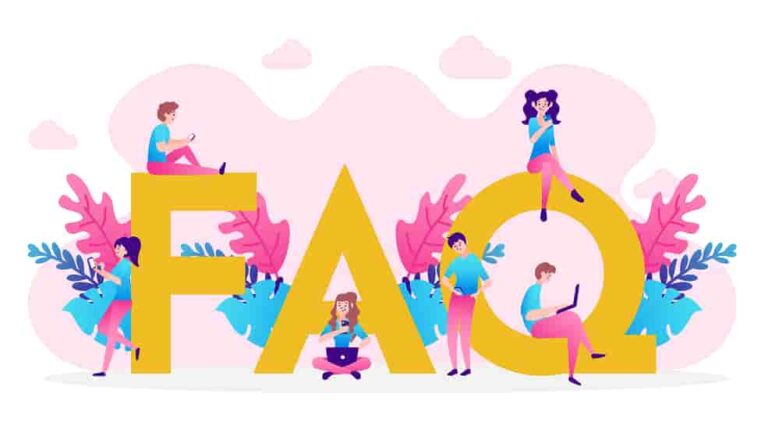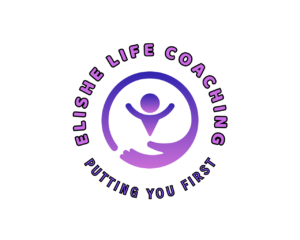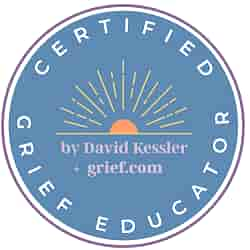
Demystifying Life Coaching
Life Coaching 101: FAQs Unraveled
Working with Elishe, a certified life coach and grief educator, will be a transformative experience that offers you the opportunity to overcome obstacles, achieve desired goals, and create meaningful change in your life.
FAQ – Frequently Asked Questions: What is a life coach?
A life coach is a professional who helps individuals achieve their personal and professional goals. They provide guidance, support, and accountability to help clients make positive changes and improve various aspects of their lives.
Life coaching focuses on setting and achieving specific goals and is generally future-oriented. Therapy often deals with healing from past experiences and addressing mental health issues. While both can be beneficial, life coaching does not typically address psychological disorders.
The process typically begins with an initial free phone consultation to understand the client’s needs and goals. Following this, regular sessions are scheduled where the coach and client work together to create action plans, set milestones, and track progress. Sessions can be conducted in person or via video call.
The duration of a life coaching cycle is 6 weeks with the option to extend to work on other goals. Sessions are held weekly for 45 mins to an hour.
In a life coaching session, you can expect to discuss your goals, challenges, and progress. The coach will ask questions to help you gain clarity, offer feedback, and provide strategies or tools to help you move forward. Sessions are typically structured but also flexible to address your immediate needs.
Choosing the right life coach involves considering their experience, coaching style, areas of expertise, and personal chemistry. It’s important to feel comfortable and confident in their ability to help you achieve your goals. Elishe offers a free initial consultation to help you decide if she is a good fit for you.
Yes, life coaching is confidential. Coaches are committed to maintaining the privacy and confidentiality of their clients, unless there is a threat to one’s safety. However, it’s important to discuss confidentiality policies with your coach during the initial consultation.
While certification is not mandatory, it can be an indication of a coach’s training and professionalism. Elishe holds certifications from The Jerusalem Coaching Institute (JCI) and is a certified Grief Educator as well.
Since a coaching cycle is 6 weeks, Elishe offers a package deal. Extension rates are also offered upon discussion with your coach.
A life coach provides structured guidance and support to help you achieve your goals, often using specific techniques and strategies. A mentor, on the other hand, is usually someone with experience in a particular field who offers advice and guidance based on their own experiences.
Results vary depending on the individual’s commitment and the goals set. Common outcomes include increased clarity and focus, improved confidence, better decision-making skills, achieving specific personal or professional goals, and overall improved well-being.
Absolutely! Elishe offers online sessions via video calls and in-between session, via messaging platforms. This flexibility allows clients to receive coaching anywhere in the world.
While life coaches provide support and strategies, achieving goals ultimately depends on the client’s effort and commitment. If goals are not met, a coach can help reassess the situation, adjust strategies, and explore any underlying challenges or obstacles.
To prepare for a life coaching session, reflect on your goals, challenges, and any progress since your last session. There are assignments given in between each session, to be submitted 24 hours before the next session. It is requested to print out and bring a copy of the assignments, plus bring a notebook and writing utensil. It’s helpful to come with an open mind, ready to discuss your experiences and willing to take actionable steps.
Life coaching is generally safe and positive. However, it may involve exploring uncomfortable topics or making significant life changes, which can be challenging. It’s important to ensure that your coach is qualified and to communicate openly about any concerns.
You might benefit from a life coach if you’re feeling stuck, unfulfilled, or unsure about your direction in life. If you have specific goals you want to achieve but are struggling to make progress, a life coach can provide the support and structure needed to move forward.
Look for qualities such as empathy, good listening skills, integrity, professionalism, and a positive attitude. Additionally, finding a coach whose values and coaching style align with yours is crucial for a successful coaching relationship.
What clients say about Elishe Life Coaching
Tzur Hadassah, Israel
+972-545-362-670
Contact Elishe Life Coaching
Elishe Life Coaching 2024, All Rights Reserved
Website design, SEO and maintenance managed by:
I Am Your Virtual Professional
Copyright (C) 2024 All Right Reserved


